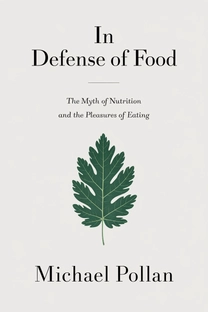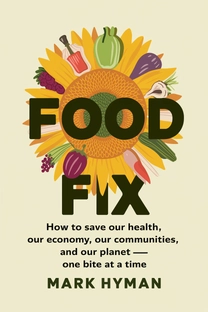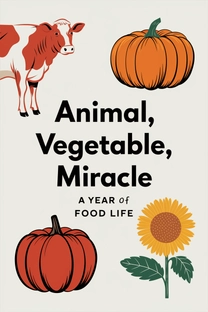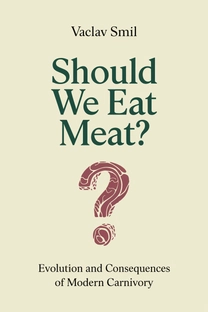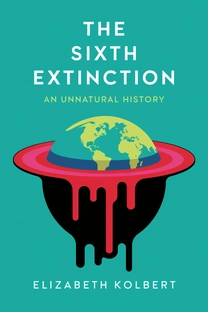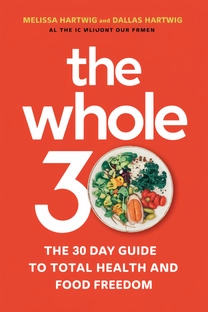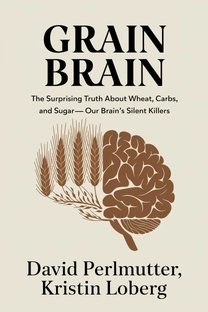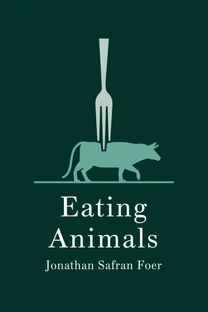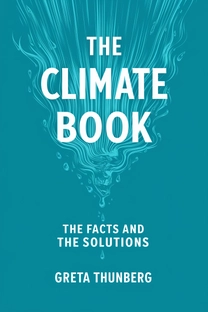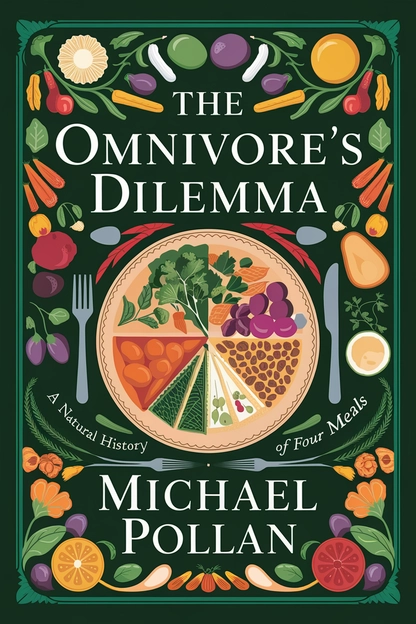
The Omnivore's Dilemma
A Natural History of Four Meals
by Michael Pollan
Brief overview
This book explores our complicated relationship with food in an age of overwhelming abundance. It follows different food chains—from industrial farms to local pastures and even hunting grounds—to reveal how our meals connect us to nature, culture, and each other. By examining where our food comes from, it challenges us to consider the health, ethical, and environmental impacts of our choices.
Introduction
Food choices have grown so vast that figuring out what to eat feels almost paralyzing. In large part, this confusion stems from the fact that so many of us are disconnected from the origins of our meals. This opening page lays out the central conundrum: in a supermarket overflowing with options, how do we choose food that is both healthy and ethically sound?
Modern society’s ‘national eating disorder’ arises because of the wildly complex networks that shape our diets, from gargantuan cornfields to mega-feedlots to hidden chemicals in processed foods. Each link in this chain influences our health, the environment, and the welfare of animals.
Yet there is also hope: smaller-scale farms, organic growers, and even hunter-gatherers show us more transparent and ecologically balanced pathways forward. By re-examining how meals are produced, we can begin to restore a vital connection to land, species, and communities.
The Pull of Industrial Corn
Corn lies at the hidden heart of modern food production, turning up in unexpected places from sweeteners in soda to feed in massive cattle operations. Corn’s versatility, alongside government subsidies, has propelled it to become America’s dominant crop.
The plant’s flexibility stems from its remarkable biology—C4 photosynthesis makes it highly efficient at capturing sunlight. This efficiency coupled with federal policies has led to oceans of surplus corn. That surplus is then processed into countless variants, from high-fructose corn syrup to industrial starches.
Unfortunately, the rise of cheap corn feeds livestock in unnatural ways, setting off a chain reaction of health problems for both animals and humans. Cheap corn ultimately encourages overproduction and encourages the expansion of processed junk food.
What is The Omnivore's Dilemma about?
"The Omnivore's Dilemma: A Natural History of Four Meals" expertly delves into the intricate and often unexpected journey our food takes from farm to table. Authored by Michael Pollan, this book unveils the complexities of modern food chains, dissecting the industrial, organic, and hunter-gatherer routes. Through his captivating narrative, Pollan challenges readers to ponder the ethical, environmental, and health implications of our dietary choices. As our world teems with a plethora of food options, the book resonates deeply with consumers seeking clarity and responsibility in their eating habits.
Pollan's work investigates how industrial agriculture has radically altered our connection to what we eat and the natural world. By focusing on four meals, he highlights the profound impact of food production methods on our bodies and ecosystems. His exploration into the dominance of corn, the reality of organic labeling, and the sage wisdom of local farming provides a comprehensive glance at the unseen forces shaping our plates and choices. This book matters because it empowers readers with knowledge to make informed and conscious decisions, fostering a more sustainable and harmonious relationship with food.
Apart from unraveling the complexities behind each bite, "The Omnivore's Dilemma" also emphasizes the cultural and social ties intertwined with what we consume. It's a pivotal read for those seeking to reconnect with the basics, advocating for a mindful approach that goes beyond instant gratification, thus igniting significant discourse on the future of eating.
Review of The Omnivore's Dilemma
Michael Pollan crafts a compelling narrative in "The Omnivore's Dilemma," bridging mainstream appeal with incisive investigative literature. The book's strength lies in its ability to vividly expose the layered constructs behind something as simple as a meal, offering readers practical insights amid its rich storytelling.
Pollan uniquely combines personal anecdotes with meticulous research to surface the often neglected connections between food, culture, and environment. His exploration is incredibly timely, tapping into conversations around sustainability and ethical consumption. He brings to life the repercussions of industrial agriculture, championing transparency while scrutinizing corporate practices. This eye-opening assessment doesn't just inform but invites readers to reassess their roles as consumers and participants in the food economy.
The prose is accessible yet intellectually engaging, maintaining a conversational tone that appeals to diverse audiences. Whether you're a novice in food studies or a seasoned reader, Pollan’s narrative remains approachable, making profound concepts understandable. With holistic takeaways rooting for conscious and ethical eating, it is a must-read for individuals clamoring for deeper comprehension in a world where knowledge is empowerment.
In sum, for anyone invested in what nourishes them, "The Omnivore's Dilemma" offers an essential, thought-provoking journey, recommended for those eager to explore the dynamics influencing their plates, society, and the environment.
Who should read The Omnivore's Dilemma?
- Environmental Advocates: This book provides insights into how food choices impact ecosystems, making it a crucial read for those passionate about sustainability.
- Food Enthusiasts: Individuals curious about the origins of their meals and interested in the narrative processes involved in food production will find this book enlightening.
- Ethical Consumers: If ethical implications of consumption are of importance, this book highlights the moral landscapes shaped by agriculture and food supply chains.
- Students of Food Studies: Academia focusing on ecology, agriculture, or culinary arts will benefit from Pollan’s in-depth analysis and research.
- Local Farm Supporters: Advocates for local farming and community-supported agriculture will appreciate Pollan’s explorations into alternative food systems.
About the author
Book summaries like The Omnivore's Dilemma
Why readers love Mindleap
10-Minute Book Insights
Get the core ideas from the world's best books in just 10 minutes of reading or listening.
Curated For You
Discover your next favorite book with personalized recommendations based on your interests.
AI Book ExpertNew
Chat with our AI to help find the best book for you and your goals.
Reviews of MindLeap
Love how I can get the key ideas from books in just 15 minutes! Perfect for my busy schedule and helps me decide which books to read in full.
Alex R.
The summaries are incredibly well-written and the audio feature is perfect for my commute. Such a time-saver!
Jessica M.
Great app for personal growth. The insights are clear and actionable, and I love how they capture the essence of each book.
Chris P.
The app is beautifully designed and the summaries are top-notch. Definitely worth every penny!
Sarah K.


